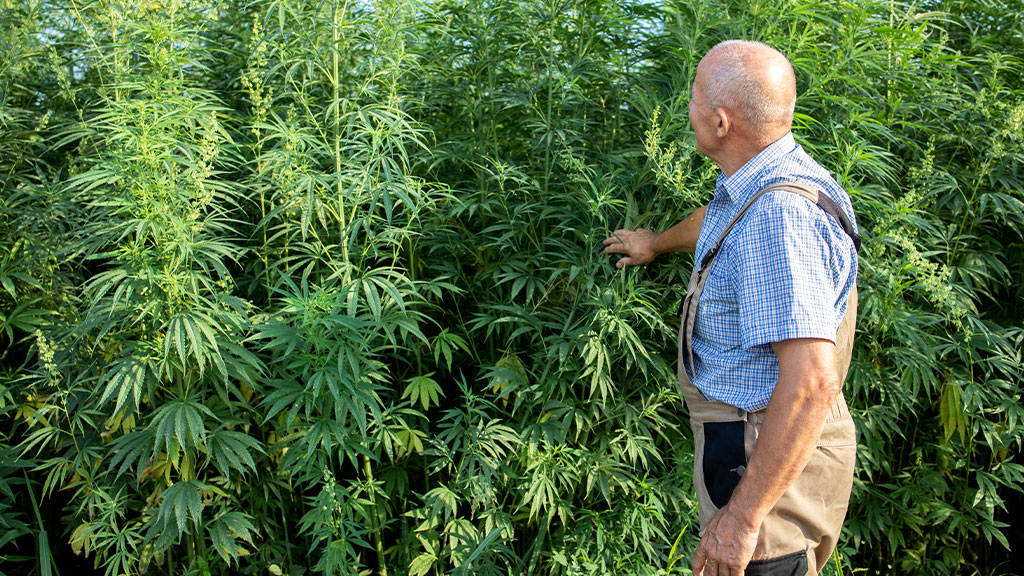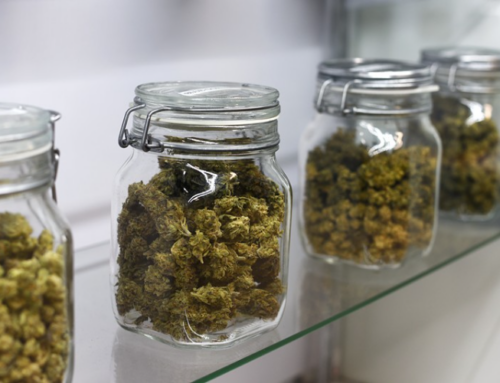Minnesota’s Cannabis Legalization Takes Effect, Allowing Possession and Cultivation for Adults 21 and Older
MINNEAPOLIS — On Tuesday, Minnesota officially enacted its cannabis legalization law, granting adults aged 21 and older the right to possess and grow cannabis for personal use. This legalization, passed by lawmakers earlier this year and signed into law by Governor Tim Walz in May, marks a significant milestone in the state’s approach to marijuana regulations.
While traditional recreational cannabis retailers are not expected to open their doors until next year, several crucial aspects of the legalization law have already come into effect. As of now, individuals can legally possess up to two ounces of cannabis and cultivate up to eight plants, with four being mature at any given time. Moreover, households can hold a maximum of two pounds of cannabis, and gifting up to two ounces between adults is also allowed without remuneration.
One of the most significant features of the new law is the creation of the Office of Cannabis Management (OCM), established last month, which will serve as the primary regulatory body overseeing the cannabis market. Governor Walz is actively seeking an executive director for the OCM to lead its operations.
Furthermore, state officials are diligently working on the automatic expungement of prior cannabis records. The Cannabis Expungement Board has been established, initiating the process of record sealing for individuals with eligible marijuana convictions on their records, which commenced on Tuesday. The Minnesota Bureau of Criminal Apprehension (BCA) estimates that around 66,000 cannabis records will be automatically sealed under the new legalization law. Additionally, the Expungement Review Board at the state Department of Corrections is set to review approximately 230,000 records for potential sealing.
Despite the legalization taking effect, it will still take some time for the state’s first adult-use cannabis retailers to open their doors. Nevertheless, the state is actively expediting the establishment of the industry. Governor Walz recently mentioned that Indian tribes in Minnesota might be permitted to begin selling to adult consumers before standard licensees. Responding to this opportunity, two tribes have expressed interest in launching cannabis sales as early as this week.
The legalization law also outlines various key provisions, including the allowance for government dispensaries to be owned and operated by municipalities and counties. On-site consumption permits for events and cannabis delivery services have been permitted under the bill.
In terms of taxation, a gross receipts tax of 10 percent will be applied to cannabis sales, in addition to the state’s standard 6.875 percent sales tax. Revenue generated from cannabis sales will be distributed, with 80 percent directed to the state’s general fund, some of which will be allocated for grants to support cannabis businesses and substance misuse treatment efforts. The remaining 20 percent will go to local governments.
The legislation demonstrates a commitment to social equity, with a focus on promoting diversity in licensing by granting higher scores to equity applicants. Priority licensing will be available to individuals living in low-income neighborhoods, military veterans who lost honorable status due to a cannabis-related offense, and those convicted of cannabis offenses or with immediate family members with such convictions.
This landmark cannabis reform has been attributed to the Democratic-Farmer-Labor legislators’ success in securing majority control in both chambers after last year’s election. Polls released earlier this year indicated that a majority of Minnesota registered voters support creating a regulated marijuana market, including substantial support from Democrats and a plurality of Republicans.
The implementation of the cannabis legalization law marks a significant step towards a more inclusive and regulated cannabis market in Minnesota, reflecting the evolving attitudes towards cannabis across the United States. With the OCM now operational, and expungement efforts underway, the state is poised to shape its cannabis industry for years to come.




































